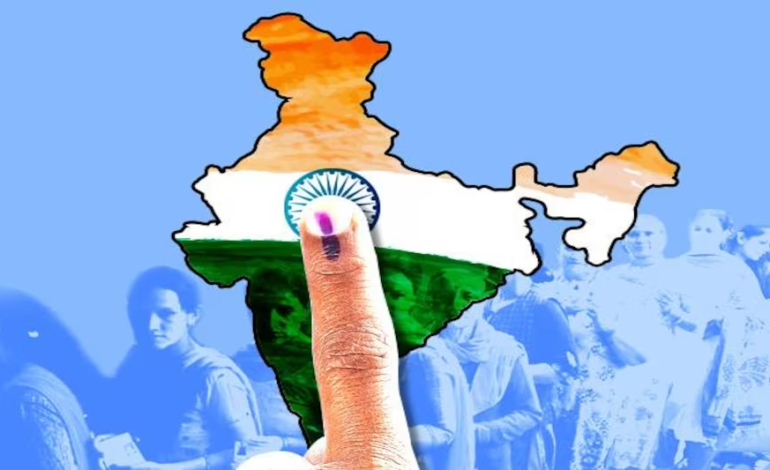
320, 400, 250, 270, 390. As our big electoral jamboree kicks in, everyone who claims to be someone is trotting out numbers, and it feels for me a lot like a Tambola table at a kitty party my aunt had in her home in Patiala in the 1980s. You randomly call up numbers based on who you’ve spoken with last. “Oh now that the Rashtriya Lok Dal in UP is with the BJP, the Jat votes are all going to go one way,” says someone and you do the math – UP – the ruling BJP will win 70 out of the 80 parliamentary seats. “Oh but I just spoke to XXX in Karnataka and you know, in all of the South, the BJP won’t cross 10.” And you subtract some.

Thirty-odd years ago, calling an election was a new and fascinating discovery for most of us. We were enthralled by the idea of election forecasting with the academically poised, slow deliberations of the psephologist-economist Prannoy Roy and an animated, funny Vinod Dua to contrast that. Elections seemed to define that moment in time when people exercised their choice. It was post-the-emergency and a time when India was becoming a market economy. The word ‘choice’ started to mean many new things. The middle class discovered that they had a voice and they could use it to buy things that until now, they only saw the elite bringing back from abroad. Even plastic bags with Lufthansa on it were folded neatly and kept at the back of one’s cupboard with foreign things in it – pencils and erasers in the shape of robots and bunny rabbits that PEOPLE WHO WENT ABROAD brought as gifts.
In 2024, you look around and the dullness of the election hits you like a dead ringer. There is no noise. There is no colour. There is no conversation around the political rallies. The usual screeching on TV PR shows is also passe. So now what? Now, nothing. And that’s what it looks like to me, sitting in a small town, provincial Uttar Pradesh, in the district Shamli, where I live and work. For the first time ever, I am studying this election as someone who’s a provincial-local and not a big-city reporter air-dropped into a place to make sense in one day and then hop to the next place.
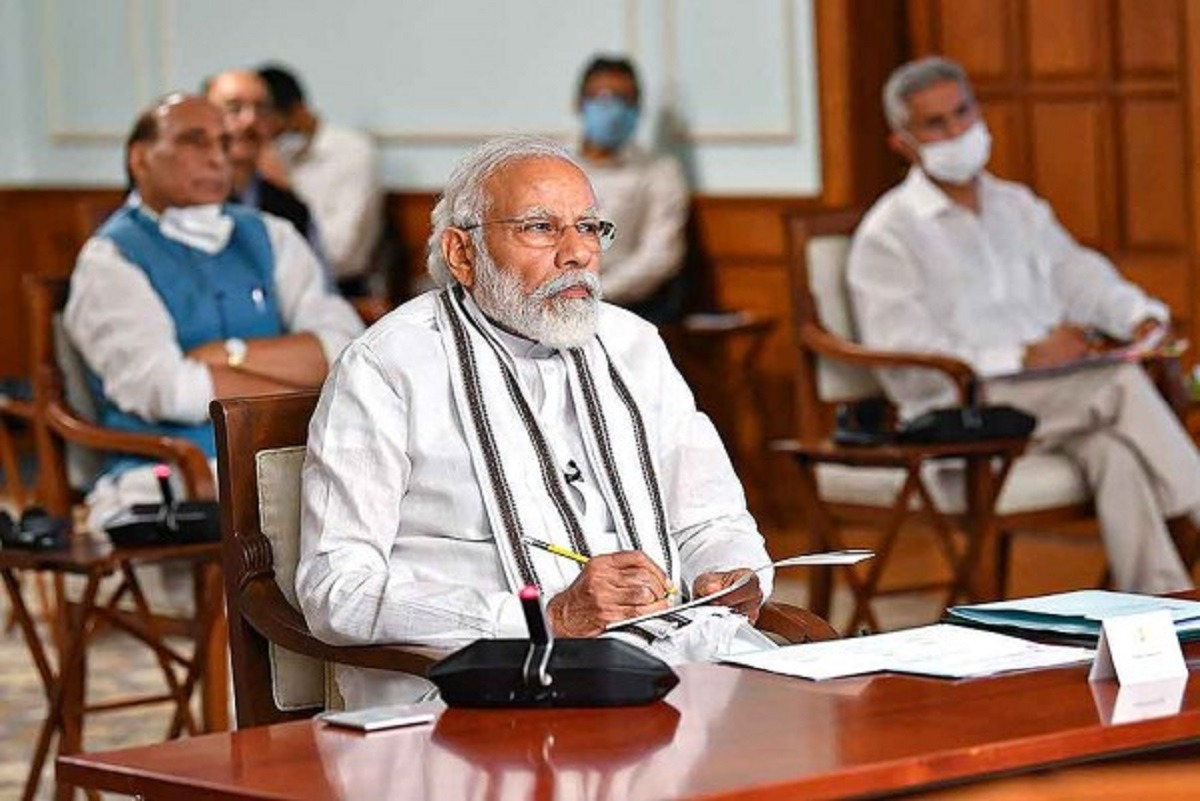
In 2019, the last general election, the place I am now a resident of, the Lok Sabha seat of Kairana, was the springboard for some fiery polarising speeches from our chief minister Yogi Adityanath. This time, my colleague Ashvani pointed to me that whatever has to be done is happening in WhatsApp forwards online. And in Uttar Pradesh, amongst us provincials, no one is excited at all. It feels like this is a game, set and match. The same government will come back and all of us minions waiting in lines at election booths or cynically studying things from behind our laptops really don’t count for much. I realised how much of a story this actually is, when I talked to other journalists in big cities who live in liberal bubbles and are still shocked by ten years of Modi and think this election isn’t a foregone conclusion.
And I therefore have a lot to say. It’s a view that has come to me by having moved from the ever-diminishing bubble of Delhi to Shamli. It’s afforded me a new lens on power – how it gets made and unmade. Sometimes, it changes from one election to the next, as it did, surprisingly and unexpectedly when the Congress-led alliance won in 2004 when everyone expected it to be the BJP. But every election isn’t the same. Power doesn’t always transfer in five-year time spans because an electoral exercise is being carried out. And those of us who write about these things should be able to tell the difference.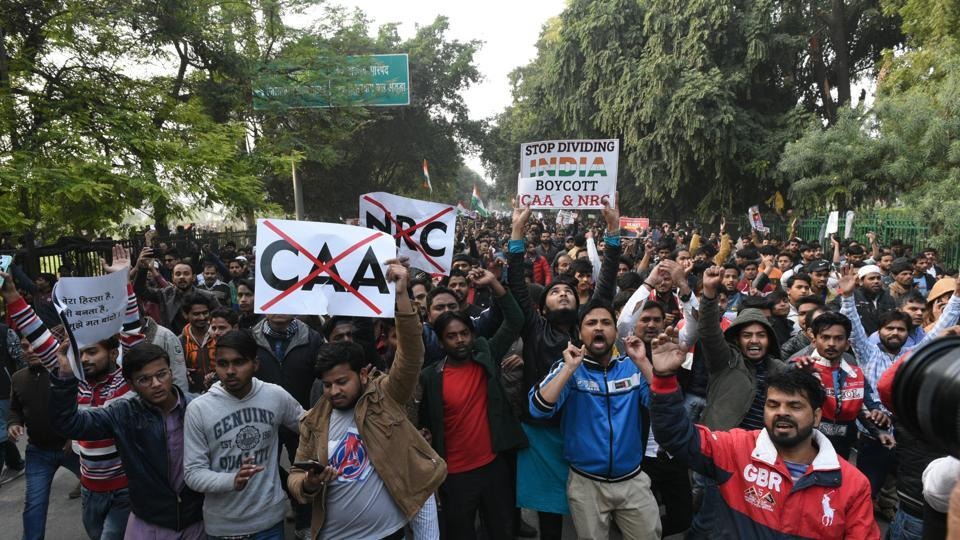
Sometimes, when there is a creeping authoritarianism, it comes not from fixing the electronic voting machines but from the long-term vision and work done each day, by the machine seeking to shift power. Once in power, of course, it’s easier to magnify this every day into an avalanche via the paid media and messaging armies, via draconian laws and menacing cops and the retreating of dissent from the ordinary spaces that make people feel like they really don’t have any real power to do anything anymore. They see how the opposition is frozen into inaction by allied agencies working at the behest of the government.
So now, power is no longer seen as residing in each person’s vote. This is the most effective way of making a democracy come apart. The disease is on the inside, like COVID. It doesn’t display itself in the official spaces and can’t be taken down there until it is first attacked similarly, at the cellular level.
It’s like the independent think tank (based in Washington DC) Pew research study showed us recently – that 85% of India wants an authoritarian at the helm. At the individual family unit, this has broken down in provincial India, decade upon decade into each family receding into feudal, patriarchal spaces with no room for dissent. Fewer people can look their fathers in the eye on an everyday basis. More and more people marry as their parents and grandparents wish. TV serials and movies have for quite some time, reflected these choices. And the BJP is most effective here. It is an ally of the patriarchs and the families lurching backwards in constant feudal aspiration, to make the bahus of the house polish more silver thalis and everyone paste five million perfect pictures on Holi of thalis with perfectly shaped Gujjiyas and Ganesh idols, tables set like hotels and homes homogenised into market conformity.

When dissent goes from here, how can it suddenly make an appearance in our national election, once in five years? What people want is their fathers telling them what to do, how good they are, how to invest, how to marry, what car to buy and at the apex – a father-figure demagogue who can take the pressure off them.
No one expects a government to deliver. That’s not why they vote. Voting in 2024 isn’t about the delivery of goods or promises. Unlike 2014 which was about change and drama and a massive transition, and even unlike 2019 which was about a renewed fervour, this election is like a droll, soundless tic. Many may not even turn up. Those that go will be tunelessly pressing a button in support of the great patriarch not hoping for any big change but because, just, or as they say in the south (that is supposedly filled with dissent) – simply. For no reason at all.
That is how a dictatorship works in the garb of a democracy. On auto-pilot. No expectations. Like many relationships and marriages of today. People coming home to a couch, a fan, a set of bodies, devices, and routines.
There is however, reason to laugh, hope, even dance, despite this. Or that’s how I see it. It just requires us to look in different places and do different things. I take you back to the 1940s. Did you know that the RSS set up one of its first shakhas in states across the North East, from Assam to Meghalaya in that decade? So, what was one man, who positioned himself atop a lonely hill, on the Assam-Bangladesh border doing in 1946? Where did his hope come from? I’ll tell you. It didn’t come from an expectation of an electoral victory for the Jan Sangh (the BJP’s predecessor) any time soon. It came from the everyday. From wanting to build cadres one at a time, causing slow, very slow but deliberate structural shifts in power. It’s taken the RSS and its political face – the BJP almost a hundred years to cause a total shift.
In a digital era, reversing this tide may not take that long. But it requires us to see where power lies and where it needs to be worked on. Not in a big fat election which is a foregone conclusion. Power will shift when we work on the everyday. We have to do the work of making people believe in other ideas. Give Ambedkar’s ideas legs to walk on. Show how equity and equality can be built by destabilising our middle-class lives and enclaves of existence where the privileged live amongst other privileged and no one is willing to get up, walk out and live amongst the under-privileged.
Where are the brahmins waking up and saying, let’s go live amongst the Dalits and Muslims? That would be a shift towards a redistribution of power, resources, ideas, lived realities and it would make the urban liberal elite do what they say but don’t put into practise.
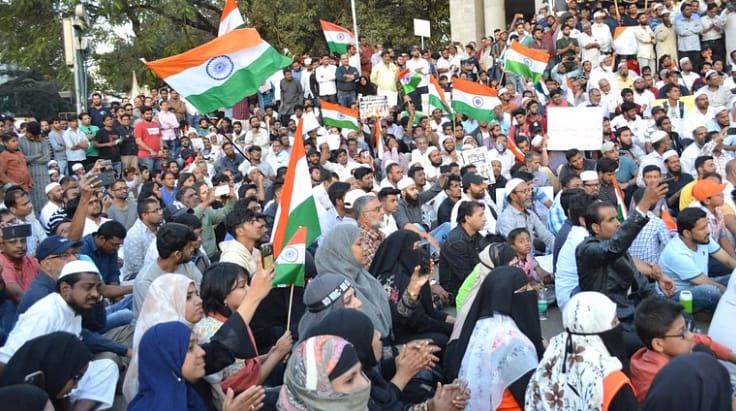
When and if we do decide to make those structural adjustments, I can tell you from first-hand experience, it’s a game changer. You can get people to co-habit. You can get Valmiki-hating Muslims to get past their prejudice and OBC Muslim-hating Hindus to celebrate Eid. Only when there is a masala mix of communities at the everyday level and dissent in our families, can we expect change at the apex.
Power does not shift in regular electoral intervals unless the cellular, deep work in the every day is done. And that needs us to get up from where we are and go elsewhere. On that note, Eid Mubarak. Don’t wait for June 4. Get up and get moving. It’s positively liberating.
Revati Laul is a journalist and activist and author of the non-fiction narrative, ‘The Anatomy of Hate,’ published by Westland books. She founded the NGO Sarfaroshi Foundation, based in Shamli, Uttar Pradesh, where she lives and works.
This article by Revati Laul was originally published on The WIRE. Click here to read.


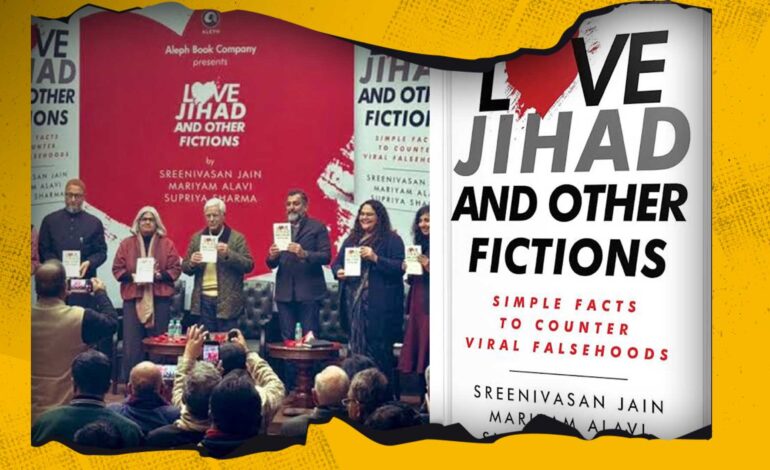
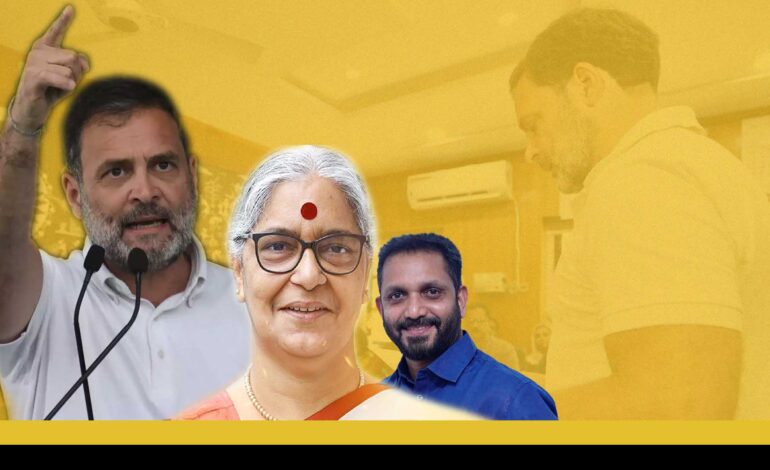
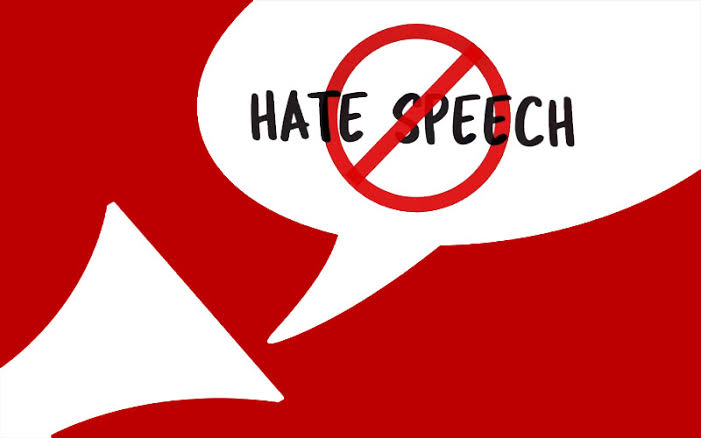
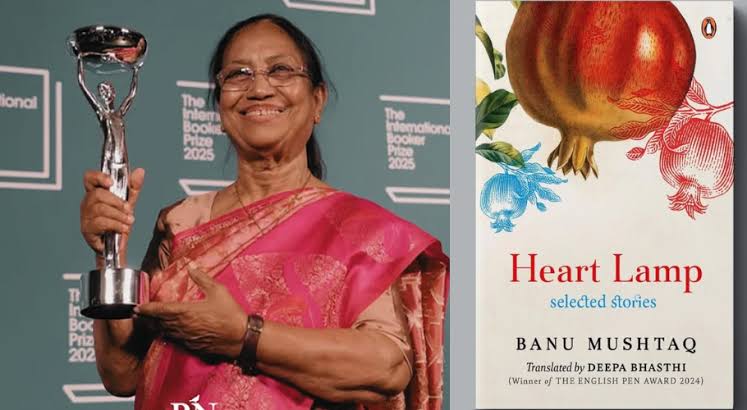




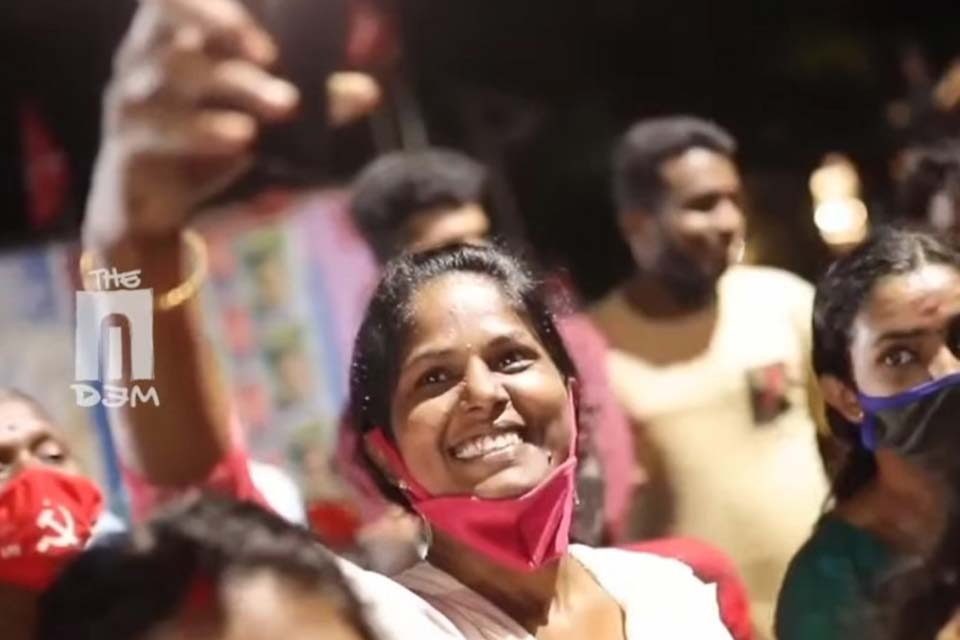

I agree completely